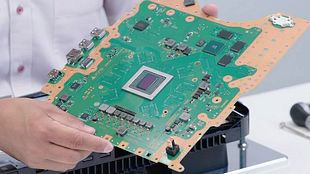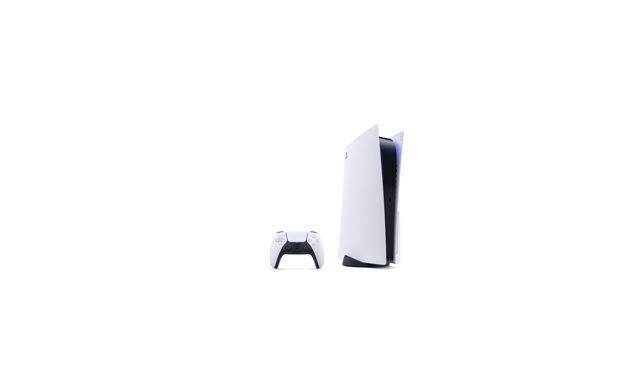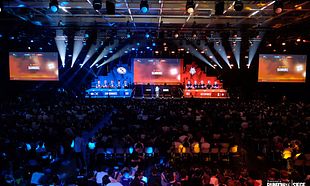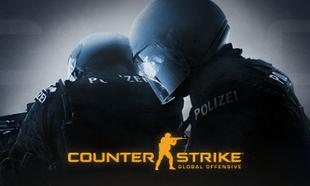When a new console comes on the market in the past, it's quite common to see queues outside brick-and-mortar gaming shops.
In recent years, queues have shifted online to retail websites. In all these places, demand is there and manufacturers like Microsoft, Nintendo, Sony and so on have to gauge that demand against the cost of manufacturing. Gaming manufacturers have gone out of business by oversupplying consoles or games.
In the '80s, Atari was forced to dump 700,000 cartridges for 'ET' because they couldn't be sold. They were dumped in 1983 and eventually dug up in 2014 for a documentary about the urban legend surrounding it. Atari eventually went out of business as a result of this oversupply.
Sony, however, are in the exact opposite position. Demand for the PlayStation 5 is at an all-time high, but they can't seem to meet it. Retail arbitrage - a fancy word for scalping, really - is taking place at an alarming rate, with sellers doubling and tripling their prices for desperate players. Here in Ireland, retailers pushed back orders until after Christmas when the console first launched. It's the same story in most western countries, too.
The question, however, is why Sony hasn't been able to meet that demand when it's done so with relative ease in the past. Are they holding back to drive up demand and keep it on people's minds? Quite the opposite.
Sony reported similar sales figures for the PlayStation 5 compared to the PlayStation 4 during its first quarter, totalling 4.5 million units sold. In its first week of sales in Japan, a total of 118,081 consoles were sold. But while Sony had huge sales figures, there was a shortage of a vital component needed for the PlayStation 5's manufacture.
The semiconductor chip.

Since the start of the coronavirus pandemic, sales in personal electronic goods like laptops and mobile phones have accelerated and chip manufacturers have barely been able to keep up with the demand. On top of that, the very nature of the pandemic means that supply chains and transport networks are being shifted to provide medical and PPE equipment, which is far more vital than gaming consoles.
In an interview with the Financial Times, Jim Ryan, the head of SIE Sony Interactive Entertainment, said that the supply limitations on the PlayStation 5 will ease as the months progress, but stopped short of guaranteeing enough consoles for Christmas 2021.
"The pace of the improvement in the supply chain will gather throughout the course of the year, so by the time we get to the second half of (2021), you’re going to be seeing really decent numbers indeed," said Ryan.
The semiconductor shortage is pretty serious stuff. In the US, auto plants have had to slash production of certain cars and trucks as there simply isn't enough semiconductors to meet the production line's demands. On top of that, manufacturing semiconductors themselves is an expensive business, requiring huge campuses, specialised clean rooms, and extensive training for their manufacture.
While none of this is particularly comforting to players eager to get their hands on the console, it might explain as to why it's been so difficult to get one.










































































